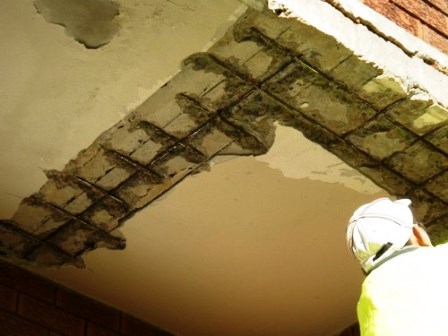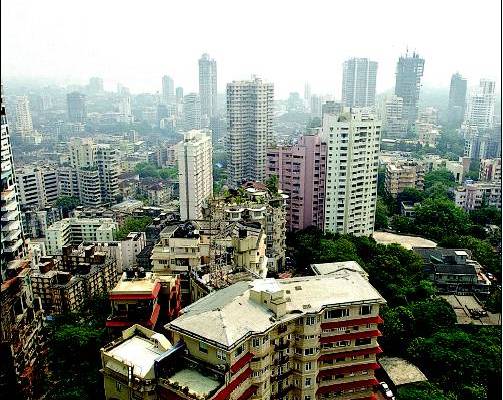There is no excuse to not carry out regular repair works – insist that your building society carries them out.
by Dipen Tewari
The building you stay in collects monthly dues from you in lieu of maintenance charges, lift charges, parking fees, open space maintenance, amenity maintenance etc. This money collected goes into the society’s coffers, and is to be used in times of repair work and painting and plastering jobs.
However, many buildings default on carrying out these repair works. As such, they do not have the option of not conducting safety and structural audits (especially for old buildings) and getting the premises repaired every five years, since they are legally mandated to do so. Many buildings even fail to furnish receipts of the collected money, and do not even hold obligatory general body meetings to discuss the need to increase charges and other matters of common interest.
Apart from these, building society managing committees also have other important obligations:
Intervene in disputes. If a house is affected by leakage from the house above, and the second party refuses to carry out repairs and painting to provide relief to the first, the managing committee must intervene in the matter. They can call for a special meeting for members to air their grievances face to face, and ask the offending parties to rectify the situation. The committee performs an important arbitrator’s role in this way.
Stop unauthorised repairs. Some members may decide to knock off important construction elements like columns in their houses. This is the number one reason for building collapses. As such, members are required to inform the committee of the nature and extent of repair work they are about to undertake, and the committee is legally bound to object if the proposed work will endanger the overall structure.
Conduct regular repairs. As buildings age and face wear and tear, it is necessary to optimise their overall life by carrying out periodic repairs. These may be as simple as re-plastering and repainting the external walls, or as tedious as replacing crumbling water lines and sewage systems for the entire building. The building is duty-bound to conduct necessary repairs, spanning from rebuilding broken compound walls to replacing old tube lights in the premises, to getting the water tanks thoroughly cleaned at least once a year.
Initiate action against defaulters. Some members of the society regularly default on their monthly dues to the building, for various reasons. The committee is fully empowered to initiate proceedings against such errant members if they do not respond to written intimations or pay up the dues within 30 days of being informed to do so. The committee can approach the Registrar of Societies for redressal in the matter.
Maintain essential services for the building. It is the managing committee’s job to ensure that water and electricity are being provided to the society without interruption, that garbage collectors go to all the flats in the building and dispose off the trash safely, lifts are running smoothly, the swimming pools are cleaned periodically, that gardens and potted plants in the premises are being trimmed regularly, and that no stagnant water is collected in the building’s open spaces, among other duties. The committee must maintain a log book of all service staff such as the building watchman, garbage collectors, plumbers, electricians, construction and repair staff, etc.
Cannot take decisions without members’ consent. The managing committee cannot take financial and other decisions for the building premises on behalf of the members and without consulting with them via general body meetings. Similarly, the managing committee must change every year via a fair election process. Some societies levy arbitrary charges for parking, or increase maintenance charges without adequate reason or notice. Members can refuse to comply with any diktats that have not been arrived at after proper consultation with all residents.
(Pictures courtesy www.indiamart.com. Image is used for representational purpose only)

